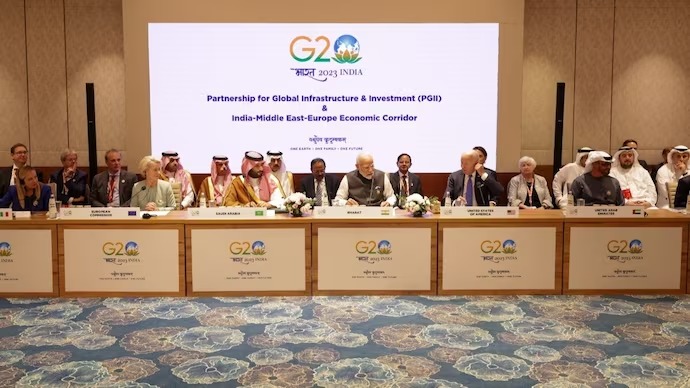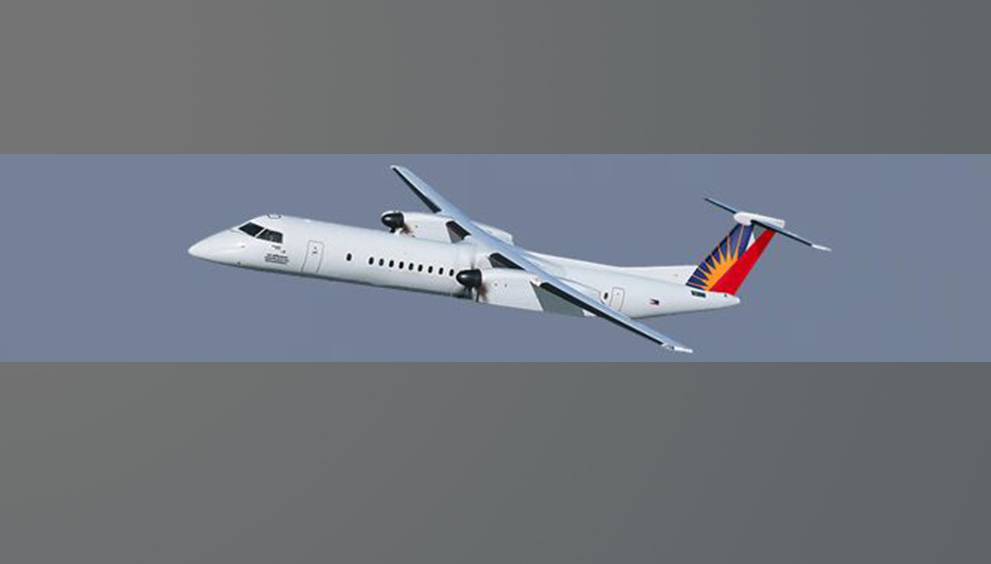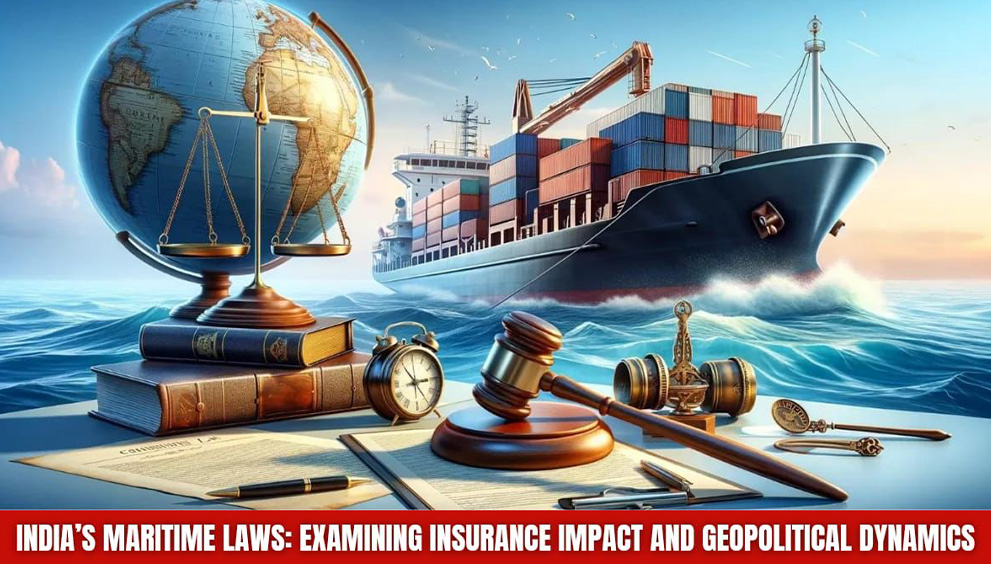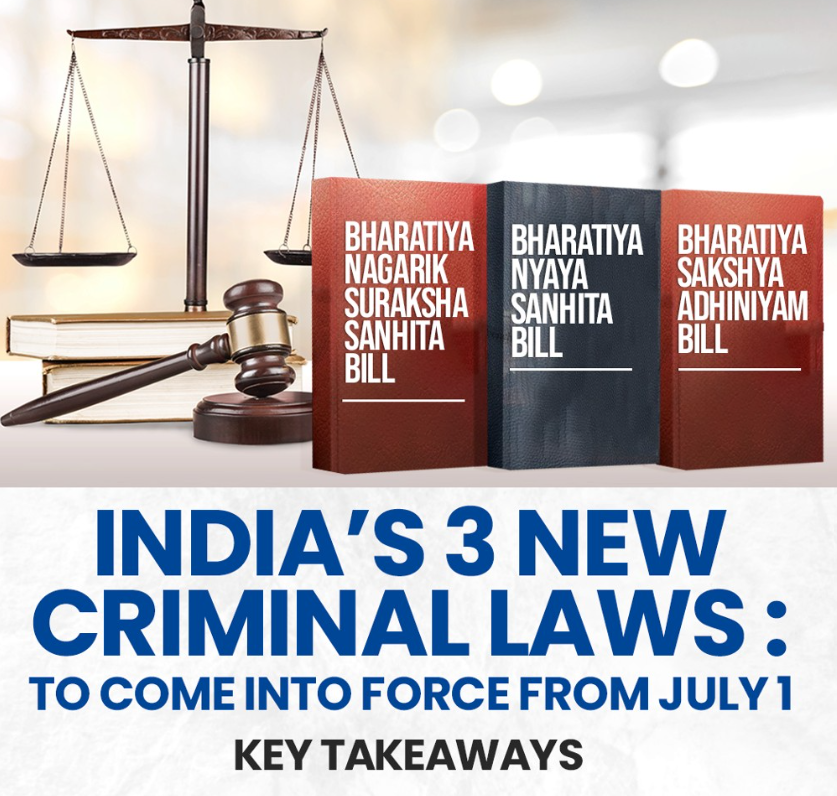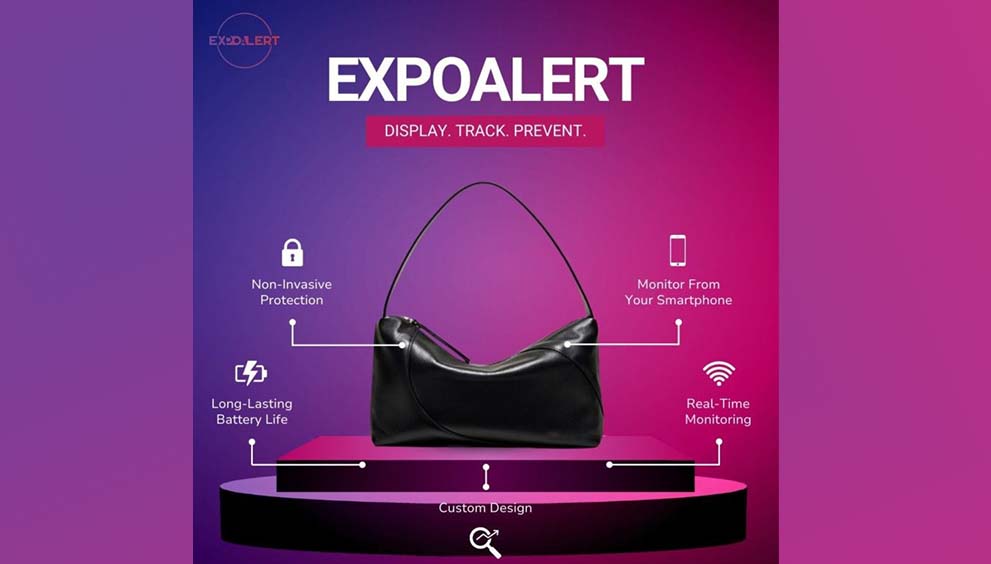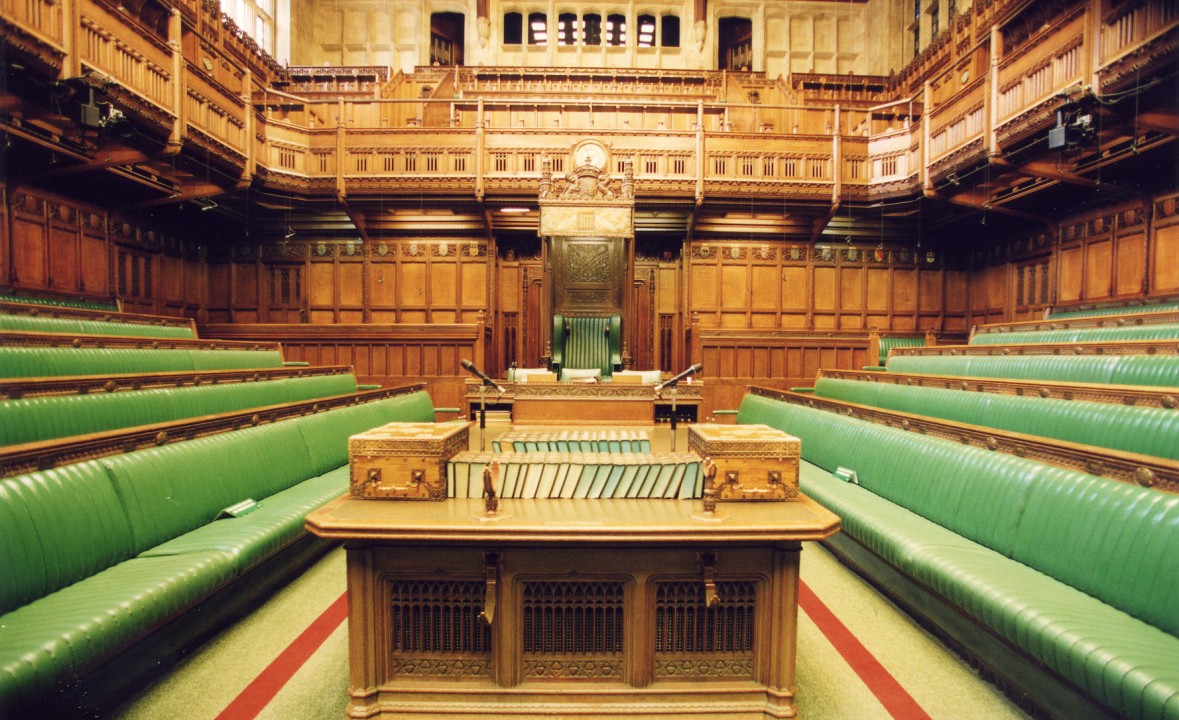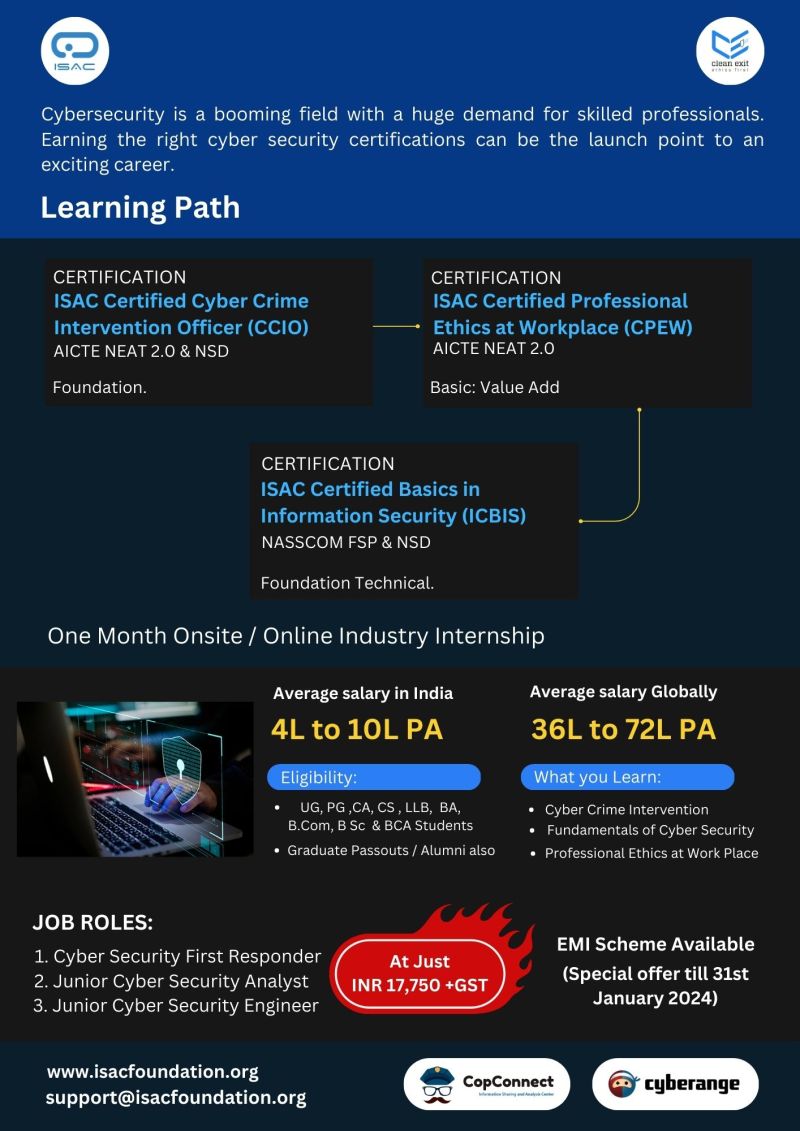India-Middle East-Europe Economic Corridor
The India-Middle East-Europe Economic Corridor is expected to attract additional Asian countries, boosting manufacturing, food security, and supply chains within its sphere of influence.

At the G20 Summit, PM Modi and other world leaders launched the India-Middle East-Europe Connectivity Corridor. (Source: X/@PMOIndia)
Prime Minister Narendra Modi hailed it as “a testament to human endeavor and unity across continents,” while US President Joe Biden deemed it “a real big deal.” Leaders from India, the United States, Saudi Arabia, the United Arab Emirates, France, Germany, Italy, and the European Union have jointly unveiled a Memorandum of Understanding (MoU) that directly challenges China’s expansive Belt and Road Initiative (BRI), which seeks to establish trade and infrastructure networks connecting Asia, Europe, and Africa.

This ambitious initiative aims to connect commercial hubs, support the development and export of clean energy, lay undersea cables, expand energy grids and telecommunication lines, promote clean energy technology, and enhance Internet access for communities, ensuring stability and security.
The India-Middle East-Europe Economic Corridor is expected to attract additional Asian countries, boosting manufacturing, food security, and supply chains within its sphere of influence. According to the MoU, the corridor will consist of an east corridor linking India to the Arabian Gulf and a northern corridor connecting the Arabian Gulf to Europe.


